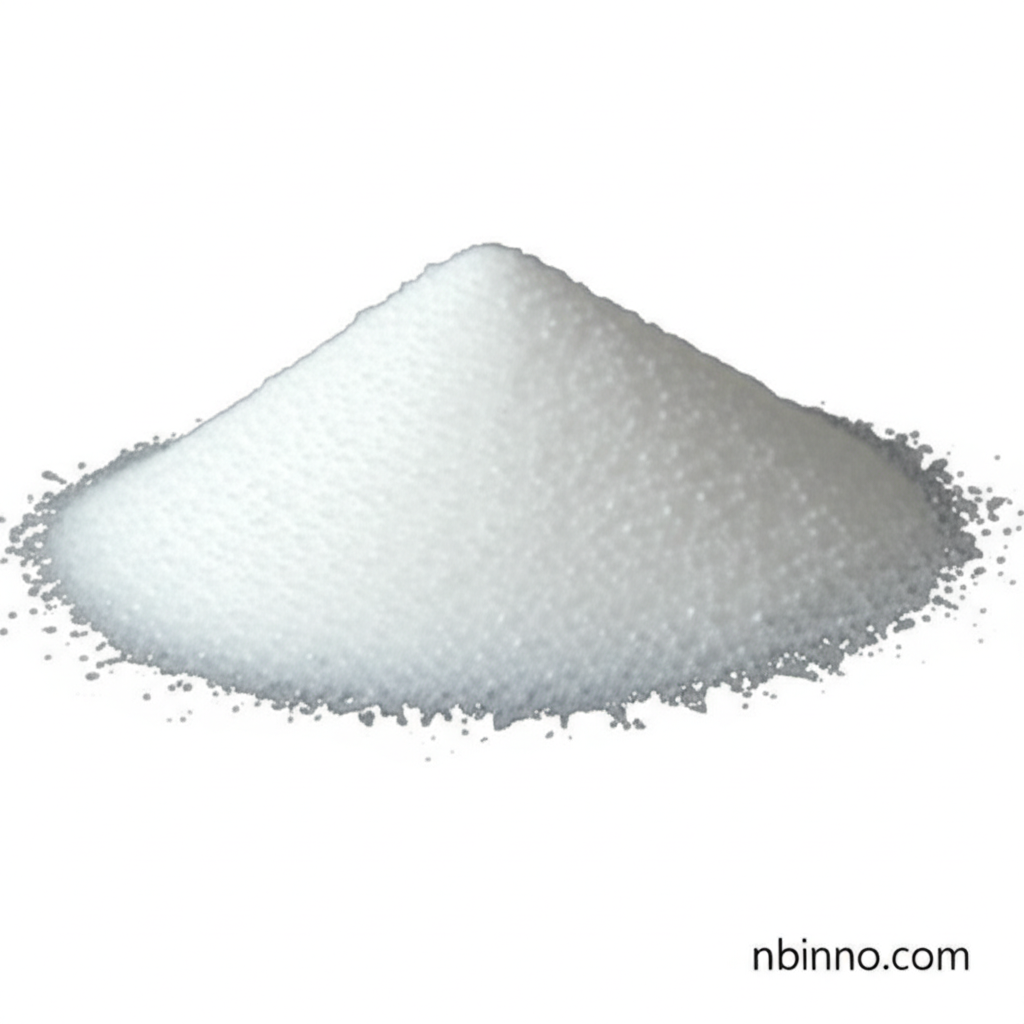Glycine Benzyl Ester p-Toluenesulfonate Salt: Applications and Benefits in Chemical Synthesis
Discover the critical role of this key chemical compound in advancing your research and production goals.
Get a Quote & SampleProduct Core Value

Glycine Benzyl Ester p-Toluenesulfonate Salt
This compound is a highly valued chemical intermediate, primarily recognized for its efficacy as a potent crosslinking inhibitor. Its application extends to the pharmaceutical industry, notably serving as a key intermediate in the synthesis of drugs such as Racecodotril. Available with high purity, it supports reliable chemical processes.
- Understand the critical role of this potent crosslinking inhibitor in your chemical synthesis processes.
- Leverage CAS 1738-76-7 as a reliable building block for complex organic compounds.
- Explore the use of Benzyl glycinate p-toluenesulfonate in pharmaceutical intermediate production.
- Discover why this amino acid derivative is a preferred choice for researchers seeking precision.
Advantages Provided by the Product
Effective Crosslinking Inhibition
Benefit from its function as a potent crosslinking inhibitor, ensuring stability and control in sensitive chemical reactions, a key aspect when considering chemical synthesis.
Pharmaceutical Synthesis Support
Utilize this compound as a vital intermediate for pharmaceutical applications, contributing to the development of critical drugs, a common use for pharmaceutical intermediates.
High Purity and Solubility
Rely on its consistent quality, typically exceeding 98% purity and good solubility in methanol, making it suitable for advanced chemical processes and research, essential for amino acid derivatives.
Key Applications
Chemical Synthesis
A fundamental component in various organic synthesis pathways, contributing to the creation of novel compounds and supporting advancements in chemical synthesis.
Pharmaceutical Intermediate
Crucial for the manufacturing of active pharmaceutical ingredients (APIs) and intermediates, supporting the development of life-saving medications, aligning with needs in pharmaceutical intermediates manufacturing.
Crosslinking Inhibition
Its primary role as a crosslinking inhibitor is vital for controlling polymerization reactions and preventing unwanted side reactions in material science and chemical processing, making it relevant for chemical inhibitors research.
Research and Development
An indispensable tool for academic and industrial R&D, enabling scientists to explore new chemical pathways and develop innovative materials, essential for specialty organic compounds.
